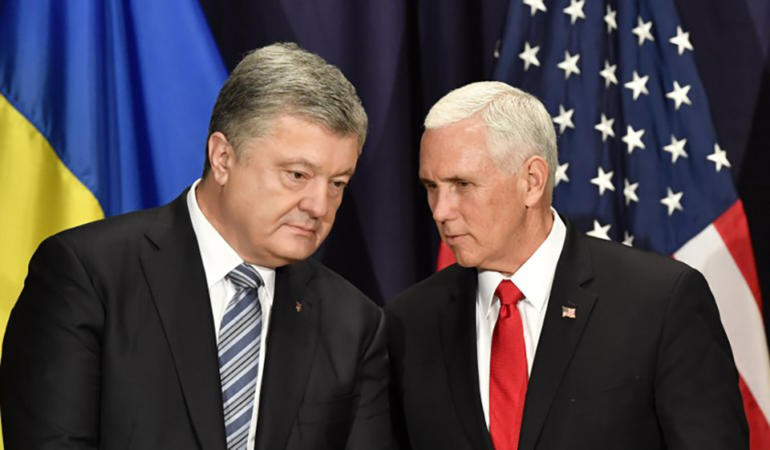Syria and the Middle East topped the agenda during the final day of the Munich Security Conference. Washington’s Special Envoy to Syria offered assurance any U.S. withdrawal would not be abrupt, while Iran’s Foreign Minister criticized the Trump Administration’s foreign policy in the region.
CGTN’s Natalie Carney reports.
United States President Donald Trump shocked the world last December by announcing a full withdrawal of all 2,000 U.S. troops from Syria and now James Franklin, the country’s top man on Syria, is on damage control.
“This is not going to be an abrupt or a rapid withdrawal,” said Franklin, the U.S. Special Envoy for Syria. “It is going to be an orderly step-by-step withdrawal and at each point, at each phase, we are going to look at our underlying goals, which I just laid out and ensure that we have means, capabilities and partners that can carry them out for us.”
President Trump may have announced the end of ISIL in Syria but many allies in Europe still feel any withdrawal of U.S. troops is premature.
France’s Foreign Minister Jean-Yves Le Drian called the move “a mystery,” saying it would risk bolstering the influence of the West’s worst adversaries – a view shared by much of Europe.
“It means that the United States will create a military void there, which will be filled by Assad, by the Russian forces, by Hezbollah and Iran,” said Norbert Röttgen, the Chairman of Germany’s Foreign Affairs Committee. “So it’s a completely unpredictable and irritating and disappointing decision which will make a western influence in this troubled region much more complicated.”
Turkey, which has been fighting the Syrian Kurdish forces, the YPG in northern Syria, may agree. Ankara fears the U.S. withdrawal from the area would allow their enemy to gain more control, a move it is adamantly against.
Meanwhile, Iran’s Foreign Minister Mohammad Javad Zarif attacked U.S. foreign policy on Sunday, calling Washington the single biggest source of destabilization in the Middle East.
“As we speak, Iraqi lawmakers are demanding the withdrawal of U.S. forces from their land,” Zarif said. “And after more than 18 years of failure in Afghanistan, the United States is now negotiating with the Taliban to withdraw American forces from Afghanistan.”
The widening differences between world governments and the Trump administration over a number of issues were made clear during the three-day summit which saw hundreds of heads of state, Defense Ministers and senior policy makers gather in Munich to discuss the world’s most pressing security concerns.
Garrett Martin on the talking points of the Munich Security Conference
CGTN’s Wang Guan spoke with Garrett Martin for more on the key points discussed in Munich such as the proposed U.S. withdrawal from Syria and the growing disdain for international organizations. Martin is a Lecturer at the School of International Services at American University in Washington D.C.
 CGTN America
CGTN America US Vice President Michael Pence (R) talks with Ukrainian President Petro Poroshenko during their bitaleral talks at the 55th Munich Security Conference (MSC) in Munich, southern Germany, on February 16, 2019. (Photo by THOMAS KIENZLE / AFP)
US Vice President Michael Pence (R) talks with Ukrainian President Petro Poroshenko during their bitaleral talks at the 55th Munich Security Conference (MSC) in Munich, southern Germany, on February 16, 2019. (Photo by THOMAS KIENZLE / AFP)
